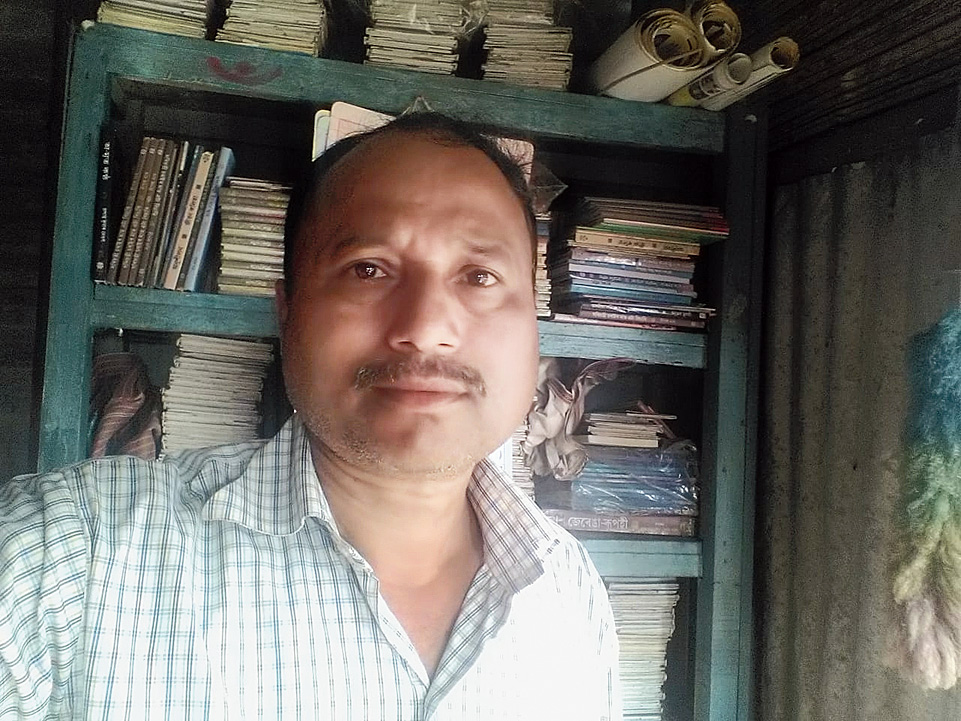For Anurag Mahanta, former United Liberation Front of Asom (Ulfa) “lieutenant”-turned- writer, the recent indictment of seven army personnel, including a Major General, for extra-judicial killing of five innocent men 24 years ago in Talap town of Tinsukia district is just the tip of the iceberg. He claimed that scores of innocent people, especially men who were bumped off allegedly by the army and by secret killings, still await justice.
The former Ulfa man, who is now on bail, said many such “army killings” took place in Saapekheti, Borhat, Aakhoifuta, Mahmora in Sivasagar district and elsewhere in Assam. He said the victims and their surviving members are still afraid to speak about their ordeal.
Last week, a general court martial at the army’s second infantry Mountain Division found the seven army personnel responsible for the deaths of five innocent men — Prabin Sonowal, Pradip Dutta, Debajit Biswas, Akhil Sonowal and Bhaben Moran — as a result of extra-judicial killings. Assam police back then had claimed the five slain men were Ulfa insurgents.
The army had claimed the five men were “trying to set up camps” inside Dibru Saikhowa National Park. The bodies were handed over to the police in Tinsukia district.
Mahanta spent 16 years as an Ulfa insurgent in the jungles of Myanmar and Bhutan, until he, along with 59 of his fellow Ulfa cadres, were caught by the Royal Bhutan Army in a 2003 military operation called Operation All Clear.
The writer, whose books Aaoliangor Jui (2007) and Kongliangor Maat (2015), were both received critically, said because of mounting pressure and fear of reprisal from authorities, many surviving victims of torture at the hands of security forces and relatives of dead victims do not come out to speak freely.
“The latest handing down of life sentences to the five army personnel is proof that the army was behind the extra-judicial killings. However, this is just one per cent of what has come out and is just the tip of the iceberg. People are afraid to come out and speak their mind. There have been quite a few committees formed to look into the issue of extra-judicial and secret killings. But the victims and their relatives are still awaiting proper justice,” he said.
Mahanta, who now owns a bookshop at Gaurisagar in Sivasagar district, is focused on his third novel, which will be published early next year. He said, “There should be public pressure from all fronts so that the truth behind the killings is revealed. New inquiries should be set up and the state government should take an active part. There should be closure so that the victims and their living relatives are spared from any further hardship.”
Aaoliangor Jui narrates the story of people caught on no man’s land between Nagaland and Myanmar and the political and ethnic tension of people caught in the crossfire.
In Kongliangor Maat, Mahanta mellowed down the history of violence in a story about two young lovers caught on opposite camps fighting for a sovereign Nagaland.
In September, Gauhati High Court quashed the appointment of a committee that probed the alleged extra-judicial killings in Assam during 1998 to 2001. The committee was formed in 2005.










